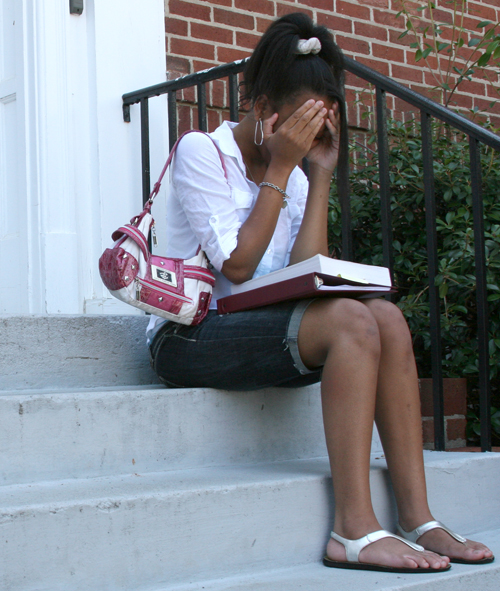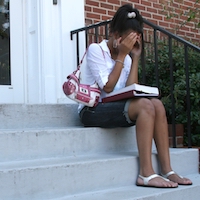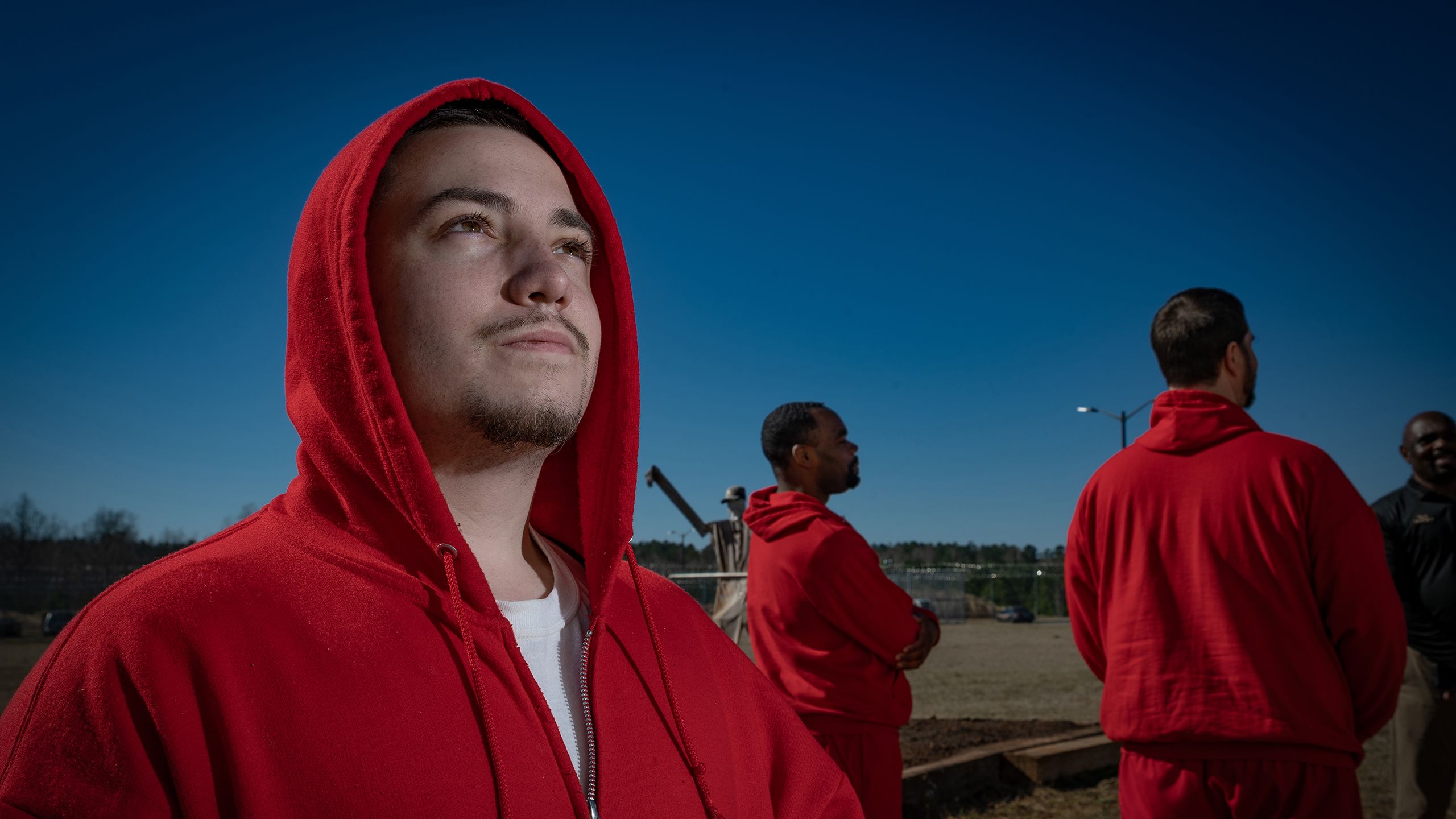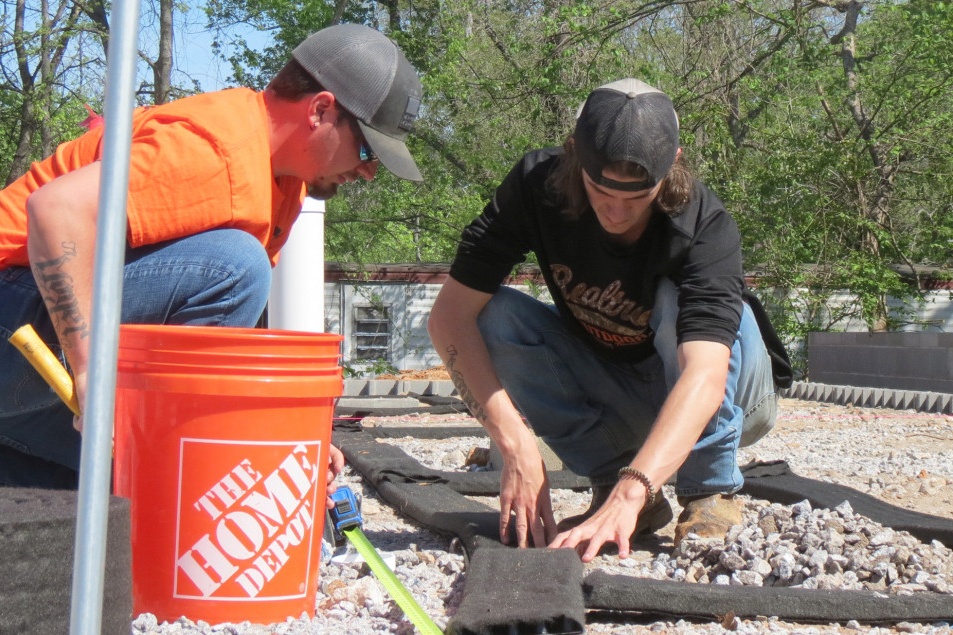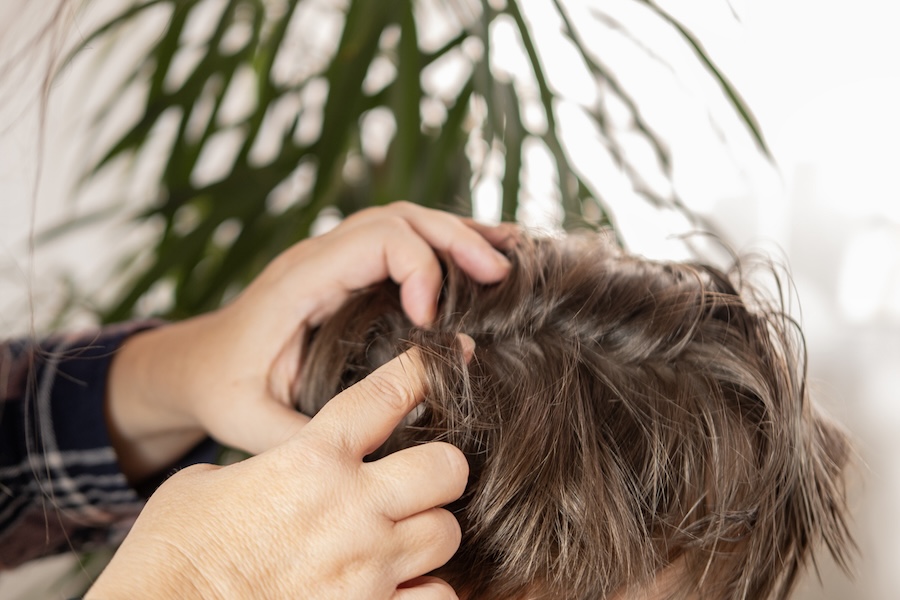Teenagers spend a lot of time online. Social media activity carries clout among teens, and can empower cyberbullies, which is why parents should be prepared to help their children cope with social pressures online.
Cyberbullying can be just as harmful, both emotionally and mentally, as physical bullying, according to Diane Bales, University of Georgia associate professor and UGA Cooperative Extension human development specialist.
“Cyberbullying can cause low self-esteem, feelings of hopelessness and, in extreme cases, kids have considered hurting or killing themselves because of constant bullying,” Bales said. “It’s something to be taken seriously.”
Bales describes cyberbullying as any kind of aggression or emotional violence committed through social media, the internet or any electronic channel. Children may post and share things on the internet without understanding the repercussions, and many don’t realize that once something is posted online, a record of it is there forever.
“A lot of kids don’t understand that what they say and share online is public and can have negative consequences,” Bales said. “Others recognize it but don’t have the self-control or understand how the internet can hurt someone in a very public way. A lot of kids can fall prey to cyberbullying because they don’t understand how dangerous it is to share things online or how easy it is to bring others in.”
Bales recommends that parents keep the lines of communication open as their children build an online network of friends. Children need to know that they can come to their parents if they’re facing cyberbullying, and they need to know that the rules regarding considerate and kind behavior apply online just as they do in person.
Parents should also intervene if they think their child is being cyberbullied or cyberbullying, even though this may seem like a breach of their child’s privacy.
It can be challenging to report a case of cyberbullying. Children in school should report it to teachers, counselors or other trusted adults. It may be hard to stop cyberbullying if the bully is anonymous or the cyberbullying is being committed by a stranger.
“Encourage kids to use all of the tools that are available to them,” Bales said. “If they bullying is taking place on Facebook, try blocking or reporting that person to Facebook. Do that over and over again until action is taken. That, in combination with reporting to someone, can help reduce cyberbullying attacks.”
As technology and social media continue to be present in the lives of children, it’s important to understand that there are many tools available to stop and report cyberbullying. Take action and report cyberbullying. It could save a life.

